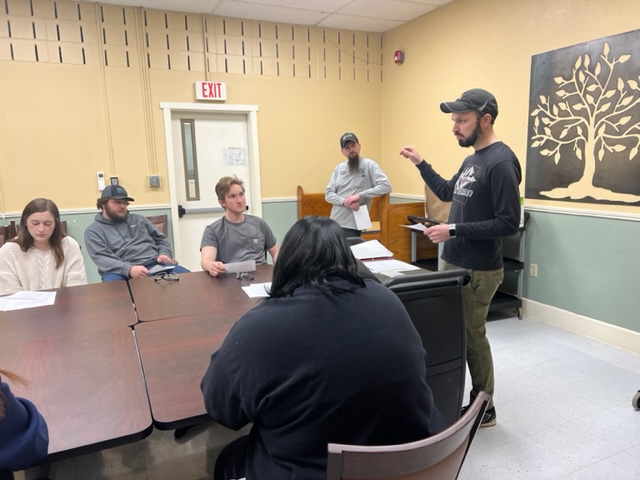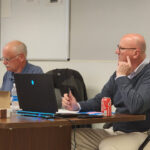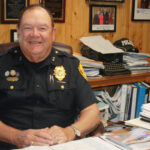
HOULTON, Maine — For the first time in two years, SkillsUSA students at the Region Two School of Applied Technology will be able to compete in person at the Maine State Convention and Skills Championships in Bangor.
Held at Eastern Maine Community College and United Technology Center Friday, March 18, the competition features students from around the state competing in various trade-oriented contests.
The SkillsUSA Maine Championships is the state-level competition for high school and college students enrolled in trade, technical and skilled service instructional programs, including allied health occupations. SkillsUSA Maine believes this is the single greatest event of industry and education volunteerism in the state every year.
Advisers of the Region Two Chapter are Josh Murchie, auto collision instructor, and Chris Rines, welding education technician.
In 2020, the state convention was canceled due to the developing uncertainty of the COVID-19 pandemic, and in 2021 the state SkillsUSA organization hosted as many of the competitions that they could feasibly pull off online in a virtual setting as the pandemic was still ongoing, according to Rines.
“This is our first year back and we have a lot of students who represent our entire service area who are eager to go down and see what SkillsUSA is all about,” Rines said. “All of our kids are entered into several different events and many are trying to earn their chance to compete at nationals with a gold medal at the state level.”
Twenty-one students from Monticello to Danforth to Sherman are competing in various trade-oriented contests related to their program of study at Region Two.

HOULTON, Maine — March 14, 2022 — Students in the Region Two School of Applied Technology are busy preparing for the SkillsUSA Maine State Convention and Skills Championships in Bangor March 17-18. (Photo courtesy of Chris Rines)
Contests are usually broken down into two very broad categories — leadership skills, which tests a students skills in things such as employability knowledge, customer service, community service, among others, and technical skills, which allow students to use the hands-on skills they learn and practice at Region Two in a practical competition related to their program of study. Examples of such include automotive diagnostics, welding and masonry.
Competing for Region Two from Houlton Middle-High School are: Jeremy Anderson, Devon Orr, Andrew Bouchie, Ryan Dunn as members of the Criminal Justice Quiz Bowl (team of 5); Victoria Belleisle, early childhood education; Kayleigh Belyea, criminal justice knowledge test; Dalton Henderson, collision repair technology; and Jayden Swimm, customer service.
Region Two students from Hodgdon competing are: Zachary Carpenter, criminal justice quiz bowl team; Samuel Adams, collision tool identification; John Cumming, automotive refinishing technology; Jonah Hiltz, extemporaneous speaking; Anton Mowrey, residential electrical wiring; and Madison Schools, health knowledge bowl team (team of 2).
Region Two students from Southern Aroostook competing are: Ellie Crowe, job skill demonstration; Lexi Rackliff, criminal justice knowledge test; and Laci Cummings, action skills.
Region Two students from Katahdin competing are: Ethan Mitchell, job interview; Melanie Craig, medical terminology; and Nikita Keim, health knowledge bowl team.
Gabe O’Brien of East Grand is competing in welding sculpture.
The chapter was founded in the 2010-11 school year and has participated in the state and on occasion the national level every year with the exception of the last two years because of the pandemic.
“We usually trend between 15-25 members, so being at 21 this first year back is right on target,” Rines said. “We’re glad to see the participation this high because very few of these students would have had any previous experience with Skills.
“Most programs here are built for a two-year cycle, so unlike a sports team that builds its team with students being able to play for a four-year stint, we generally get our students for two years and stay in that constant ‘rebuilding’ phase of a program,” he added. “Though it is not uncommon to occasionally have a three- or four-year student.”







